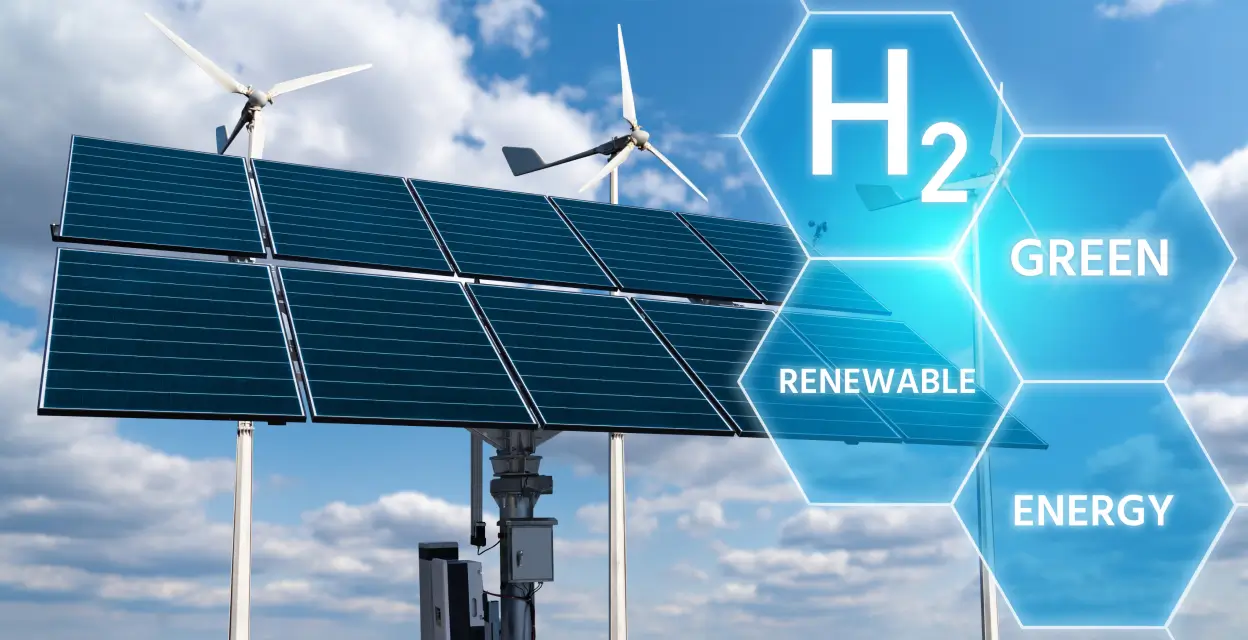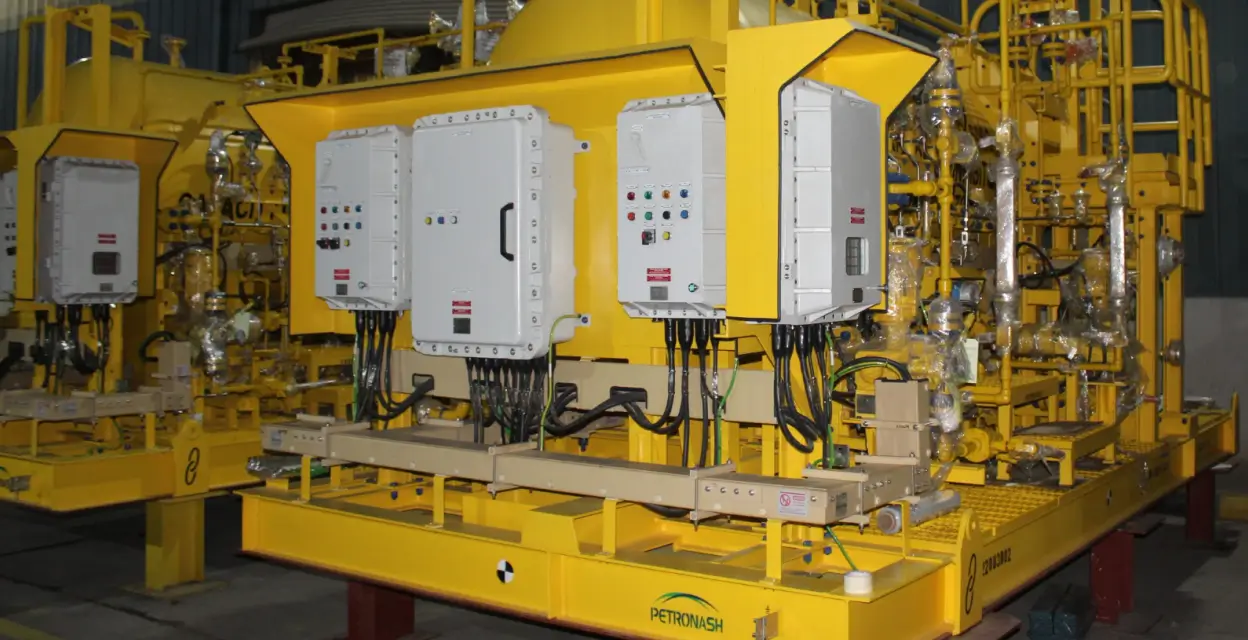In today’s rapidly evolving energy sector, the role of engineers is crucial as they develop innovative technologies and solutions to meet growing energy demands. However, with innovation comes a significant responsibility to uphold ethical standards. Balancing innovation with ethical practices is essential for the success of engineering projects and for the welfare of society and the environment. In this article, we will discuss the key ethical considerations engineers must keep in mind while developing new technologies in the energy sector.
Why Engineering Ethics Matter
Engineering ethics refers to the moral principles that guide engineers in their professional conduct. In the energy sector, where engineering decisions can have profound impacts on communities, ecosystems, and economies, ethical considerations are paramount. Engineers must ensure that their innovations do not compromise public safety, environmental integrity, or social equity.
Key Ethical Considerations for Engineers in the Energy Sector
Environmental Responsibility
- Sustainability in Energy Solutions
Engineers must prioritize sustainability by assessing the lifecycle of energy technologies, from resource extraction to waste management. This includes minimizing carbon footprints, reducing waste, and promoting renewable resources. - Proactive Environmental Stewardship
Ethical engineering practices involve not only compliance with environmental regulations but also a commitment to protecting the planet for future generations.
Safety and Public Welfare
- Protecting Public Safety
Engineers have a fundamental obligation to ensure public safety. This responsibility involves anticipating potential hazards and implementing measures to mitigate risks associated with energy projects. - Risk Assessment
In high-stakes operations like drilling and refining, engineers must rigorously evaluate safety implications to prioritize the well-being of communities affected by their projects.
Transparency and Honesty
- Building Public Trust
Transparency in communication is crucial for maintaining public trust in engineering practices. Engineers should provide accurate and honest information about the capabilities and limitations of their technologies. - Disclosing Risks
Ethical engineering requires disclosing potential risks and uncertainties associated with new energy solutions, advocating for the best interests of stakeholders.
Social Equity and Inclusion
- Ensuring Accessibility:
The energy sector impacts communities in various ways, and engineers must consider the social implications of their work. Ethical engineering involves ensuring that new technologies are accessible and beneficial to all segments of society, particularly marginalized communities. - Stakeholder Engagement
Engineers should actively engage with stakeholders, listen to their concerns, and incorporate their feedback into project planning
Innovation vs. Responsibility
- Weighing Benefits Against Risks
The drive for innovation can lead to ethical dilemmas, especially when new technologies promise significant advancements but carry potential risks. Engineers must conduct thorough risk assessments and consider long-term implications. - Balanced Approach
Ethical engineering requires a balanced approach where creativity and progress are pursued without compromising ethical standards.
Conclusion
As the energy sector continues to evolve, engineers play a pivotal role in shaping a sustainable and responsible future. By prioritizing ethical considerations in their work, engineers can ensure that their innovations contribute positively to society and the environment. Balancing innovation with responsibility is not just a professional obligation; it is a commitment to creating a better world for future generations.
 Back To Blogs
Back To Blogs


